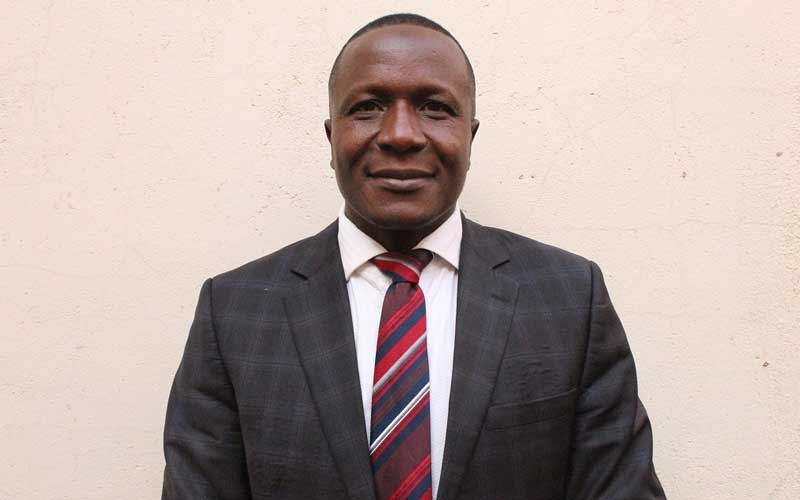Source: ‘Zim has no electronic trade agreements, treaties database’ -Newsday Zimbabwe
Foreign Affairs deputy minister David MusabayanaZIMBABWE’s Foreign Affairs ministry has no electronic database of trade agreements and treaties signed by government, NewsDay has learnt.
This was revealed by Foreign Affairs deputy minister David Musabayana on Tuesday during a visit by the parliamentary delegation from Namibia’s Portfolio Committee on Foreign Affairs Defence and Security.
“Despite the commendable efforts, we have not been spared by various challenges, which we are currently refocusing our energies towards addressing them expeditiously,” Musabayana said.
“[There is] absence of an electronic database for all international treaties and agreements in contravention of international norms and practices.”
According to Musabayana, the ministry has been dragged to the courts several times by aggrieved foreign service staff because there was no workplace code of conduct to resolve labour disputes between embassies and local workers.
“[There are] widespread labour disputes involving locally-recruited staff at embassies and international organisations accredited to Zimbabwe, with some cases being eventually adjudicated at the courts. The absence of a workplace code of conduct for dispute resolution between locally-recruited staff, embassies and international organisations has compounded the problem,” he said.
“In view of some of the challenges, the Legal and Consular Services Directorate is considering establishing an inter-ministerial taskforce for the purposes of drafting a statutory instrument setting out modalities for resolving labour disputes for locally-recruited staff at embassies and international organisations accredited to Zimbabwe.”
He also said ZimTrade has also faced a number of challenges in satisfying its mandate.
“While ZimTrade has made tremendous strides in fulfilling its mandate, it has also faced a number of challenges which include: Capacity constraints in implementing and participating in numerous bilateral, regional and international negotiations and programmes; slow progress in the conclusion of negotiations in regional and international initiatives such at the World Trade Organisation (Doha Development Agenda), tripartite, Continental Free Trade Area as well as bilateral engagements; and low participation of the private sector and stakeholders in policy formulation and international negotiations.”
The leader of Namibia’s Delegation on Foreign Affairs, Defence and Security Lucia Witbooi said the two countries should maintain cordial relations.
‘Zim has no electronic trade agreements, treaties database’
Source: ‘Zim has no electronic trade agreements, treaties database’ -Newsday Zimbabwe Foreign Affairs deputy minister David Musabayana ZIMBABWE’s Foreign Affairs ministry has no electronic database of trade agreements and treaties signed by government, NewsDay has learnt. This was revealed by Foreign Affairs deputy minister David Musabayana on Tuesday during a visit by the parliamentary delegation […]




